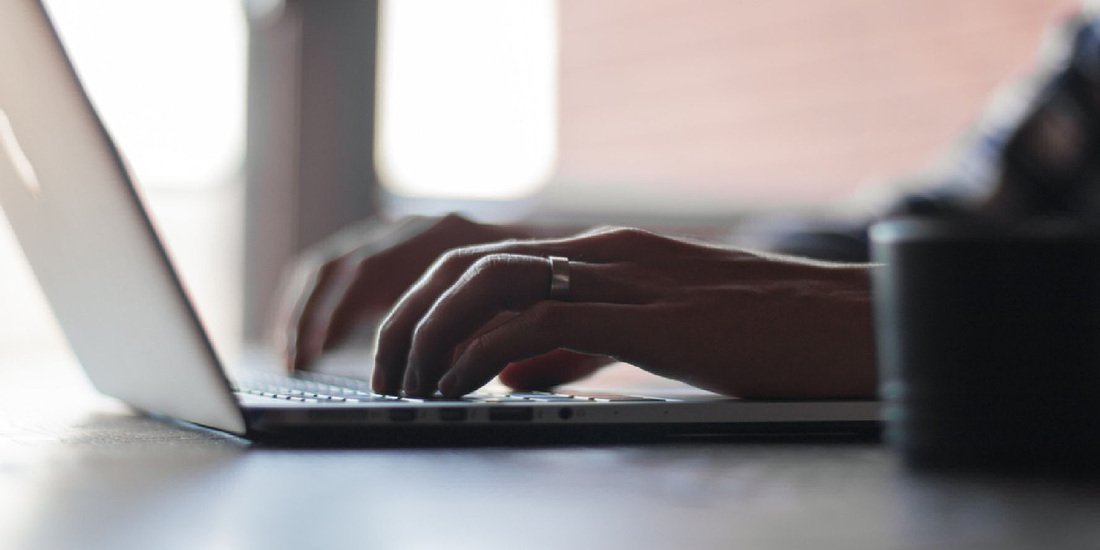1. Do not log on using public computers and if you do make sure it does not save your password.
2. Change your password occasionally. Go to settings and scroll down to password and click edit.
3. Turn on Login Alerts. It will notify you if someone tries to login into your Facebook account from an unknown computer. Go to settings, click privacy in the column on the left, click Login Alerts to turn on this feature.
4. Turn on Login Approvals. It is similar to step 3 but goes a bit further. You can access it the same way as #3 but you click on Login Approvals instead of Login Alerts. This requires a 1 time passcode anytime you login to Facebook using a new computer. Facebook will send a text with that passcode to your phone. In theory if someone knows your password they still will not be able to get logged into your account without this passcode.
5. Be careful about approving friend requests. When someone asks to be your friend, Facebook will tell you how many friends you have in common. It will also tell you how many friends they have. If you receive a friend request from someone you do not know, and they have little to no Facebook friends odds are they are up to no good.
6. Make sure you do not have any viruses on your computer. There are a lot of antivirus software options out there and some of them are free. Pick one and use it.
7. Think twice before you click on a link. Clicking on an unknown link can result in the downloading of a malicious code that can invade your computer or phone, endangering your personal information.
Having your Facebook account hacked is no fun and can be embarrassing and time consuming. These steps will not guarantee that you will not get hacked but they will greatly reduce the likelihood that you will.

 RSS Feed
RSS Feed